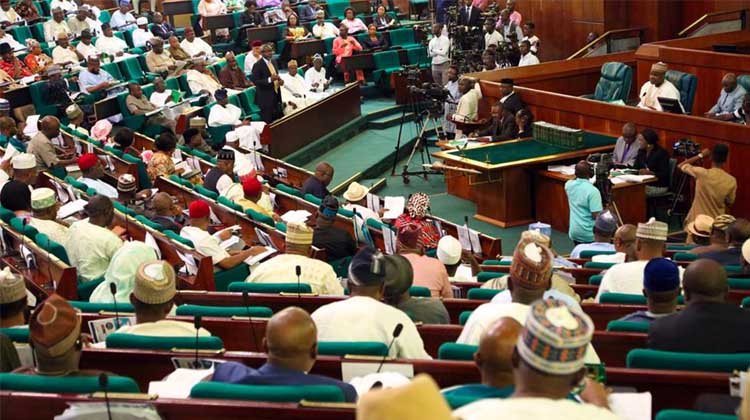
The House of Representatives’ ad hoc committee investigating the operations of real estate developers in the Federal Capital Territory has condemned the illegal activities of developers in Abuja, including scamming unsuspecting subscribers and cheating the government out of revenue.
According to the committee, the Federal Capital Territory is losing N800bn annually to the sharp practices by the real estate developers.
The Chairman of the committee, Blessing Onuh, raised the issue in Abuja on Monday at the opening of a two-day workshop on the operations of real estate developers in the FCT.
Onuh said the committee made the discoveries in its preliminary investigation.
She said, “This is necessitated from the hundreds of petitions submitted to this committee by the teeming members of the public who have been short-changed by dubious developers operating freely in the industry.
“A pathetic case is the case of the Petroleum and Natural Gas Senior Staff Association of Nigeria, which paid over N4.2bn to a developer since 2019 and has yet to get even one house delivered to its staff (members)…and there are thousands of similar cases.”
Onuh said the committee hoped to discuss consumer protection laws relating to the real estate sector.
The lawmaker said the committee, within the short period of time it commended the probe, had found out that the level of impunity by developers across the sector was unprecedented.
She said, “To discuss the economy of the real estate industry, we shall clearly articulate the value chain in this multi-trillion naira industry and identify why the FCT has not been getting its fair share from the trillion-naira transactions that have been consummated in the industry since the revolution.
“This committee’s preliminary findings indicated that the FCT has been losing an estimated N800bn annually in revenues accruable to it from the real estate sector.”
Onuh added, “Take for example, a house or land is sold for N500m; the lawyer gets his legal fees, the agent gets his brokerage fee, the bank gets its transaction charges but the government gets nothing if the transaction is not presented for registration.
“And this kind of transactions go on in volumes everyday unregulated, leaving the government with the perennial struggles of meeting up its responsibility of providing a decent welfare for its staff and providing modern amenities to its people.
“Many of these transactions are done in cash, making the industry a safe haven for money laundering and illicit financial flows.”
Copyright PUNCH.
All rights reserved. This material, and other digital content on this website, may not be reproduced, published, broadcast, rewritten or redistributed in whole or in part without prior express written permission from PUNCH.
Contact: [email protected]





